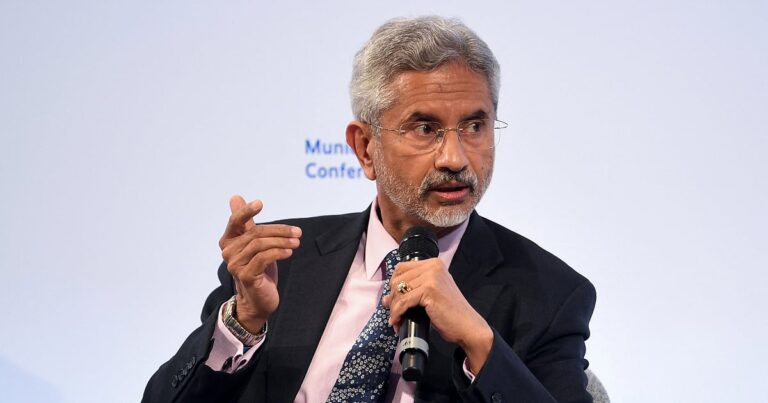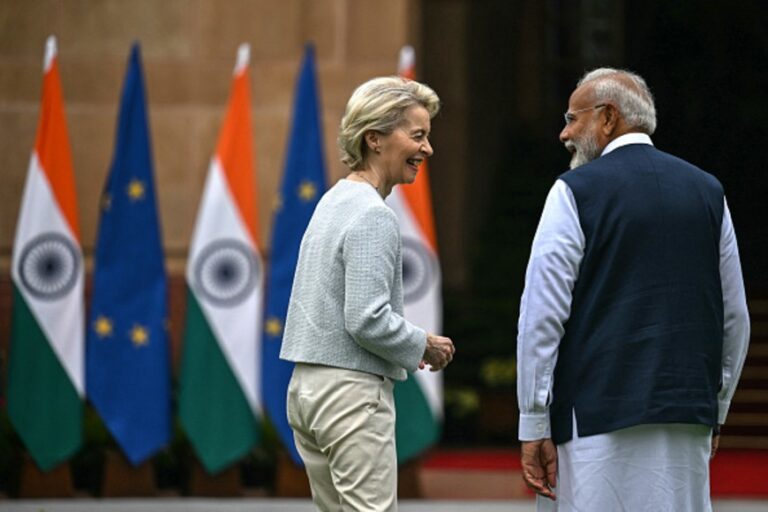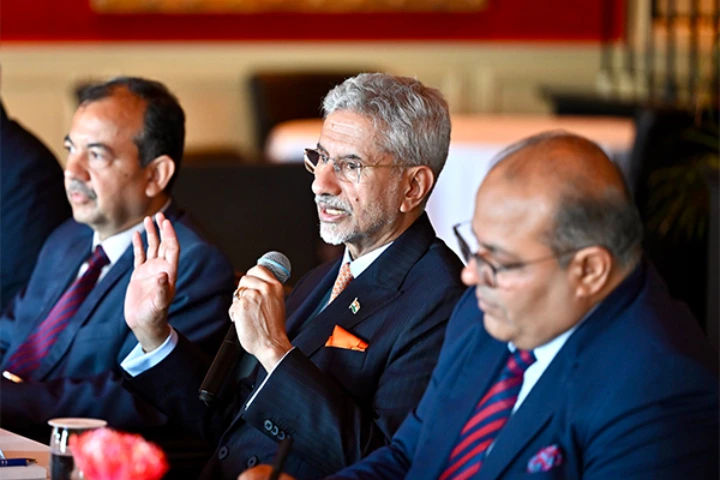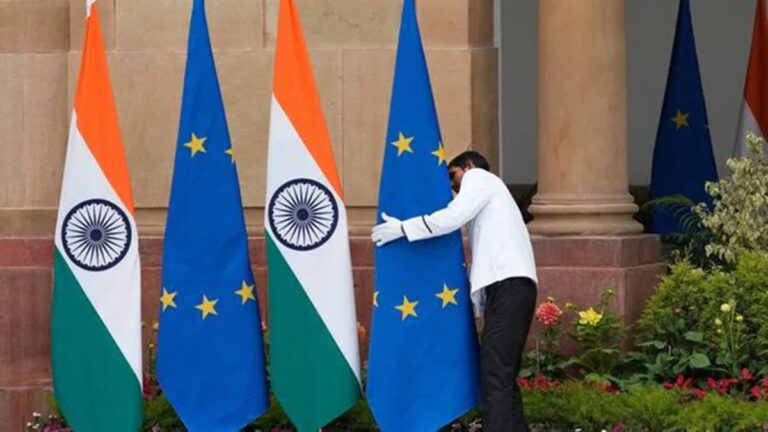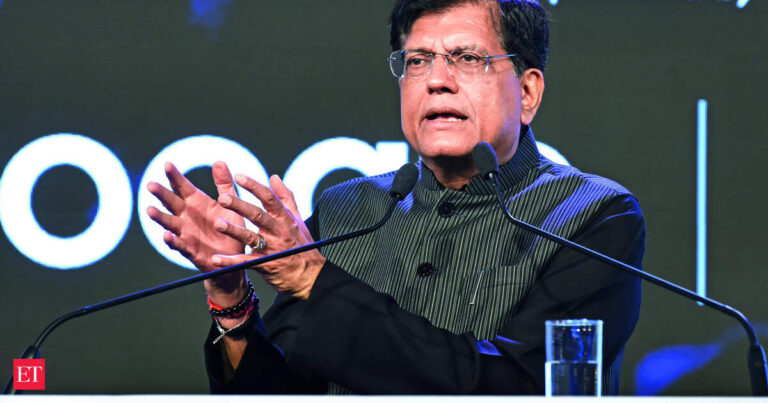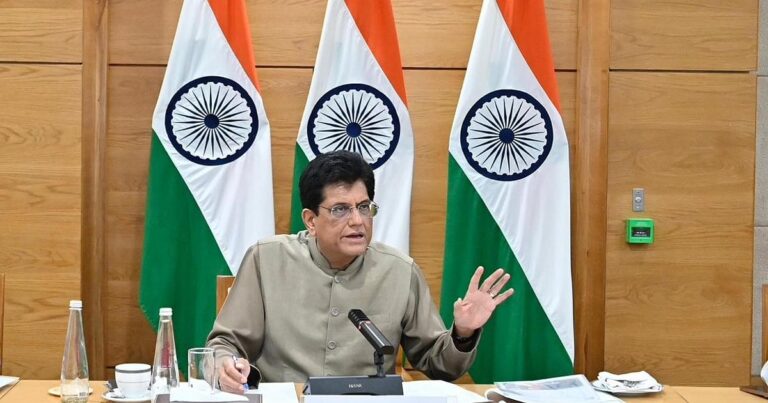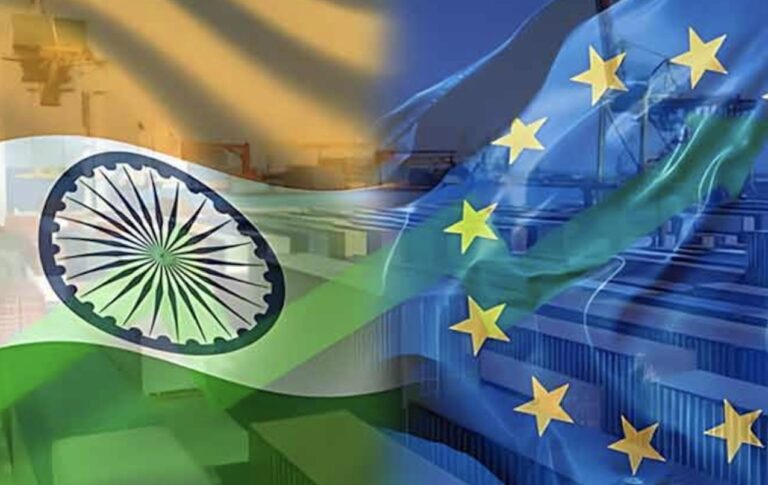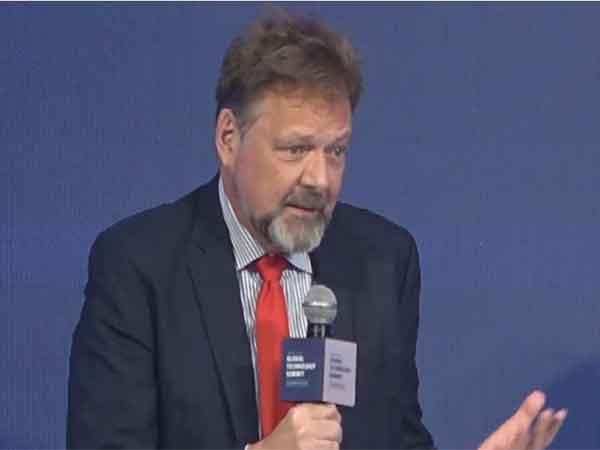
New Delhi: The German ambassador to India and Bhutan, Philipp Ackermann, said that India and the European Union would strive to negotiate a free trade agreement (ALE) by the end of this year.
Speaking during the 9th Global Tech Summit Carnegie on Saturday during the “renowned panel: Sambhavna: then, what is it ?, He said, underlined the growing force of Europe-India.
According to Ackermann, “Europe has shown a fairly remarkable moment of force. And I would say that the visit of the president of the Commission and 21 commissions in Delhi five weeks ago was one of these remarkable events where the commission showed that, you know, they have turned their attention to India, I think that this has never seen such a visit before to another country.”
“I think there is a dedication, a commitment to the ALE between India and Europe,” he added.
Ackermann highlighted the importance of cooperation between nations with similar views in support of the world and free trade, declaring that “we must not forget that it is once now, where those who believe in World and Free Trade, should join the hands. This is the moment when, we have to sit together and try to understand what is possible at the time of an Ale,” he added.
Stressing the commitment to a free trade agreement (ALE) between the two countries, he said, “Prime Minister Modi and the President of the Commission have agreed with a negotiated free trade agreement by the end of this year”.
Ackermann has highlighted the sensible and calm approach of Europe in times of uncertainty, citing its reaction to recent developments in the United States as an example of its strength and resolution.
“Another thing where I think that Europe has shown great strength is that when we saw up and down in the United States, the Commission reacted in a very sensible, calm but very resolved way. And I think that what we have considered a reaction has shown that this reaction, or that the way in which the approach of Europe has taken was wise and sensible. So, I think you should not underestimate the strength and result of Europe.”
Tanvi Madan, principal researcher at the Brookings Institution, shared his reflections on the foreign policy and the trade agreements of India.
According to Madan, India must do more business with the world, in particular with developed countries, but certain sectors have become too used to the domestic market.
Staying that the Minister of External Affairs, the Minister of External Affairs, Jaishankar and Commerce’s comments, Goyal’s comments, comments, said: “You heard this from EAM, the Minister of Commerce yesterday. Goyal said that we have to trade but also an investment. India must do more business with the world, but want to do business with special partners in the developed world.”
Madan stresses that structurally, India and China are “always rival”, with obvious competitive instincts in their meetings.
“Structurally, India and China are always rival. For each meeting, you see that the competitive instincts between the two countries. So yes, you will see more steps. In some areas, you will see a selective economic commitment,” she said.
Madan rejects the concerns that the improvement of Indian-Chinese relations would lead to the abandonment of initiatives like the Quad.
“I do not see a massive change in India-China. The thing of people were worried-if China and India would get along, it would mean that India would stop doing things like Quad,” she noted.
These include the last session of the World Technological Summit.
